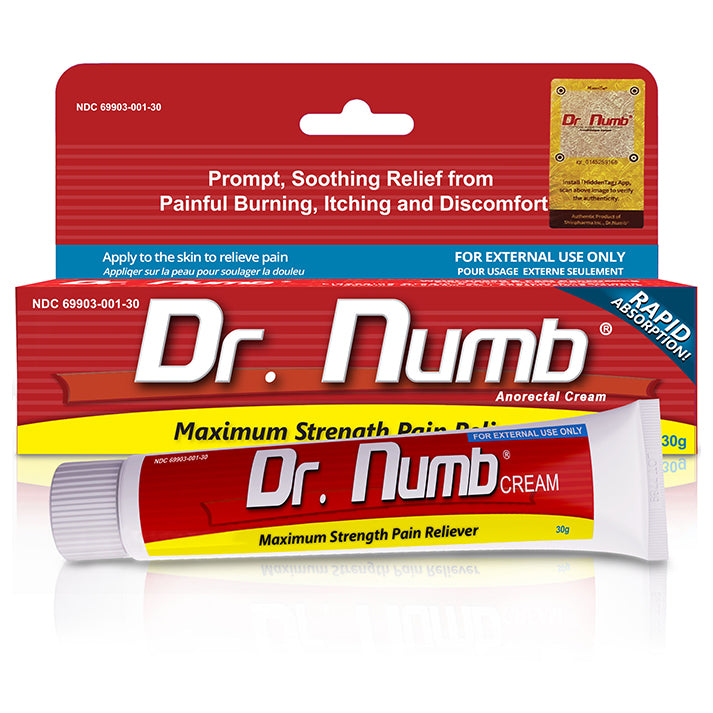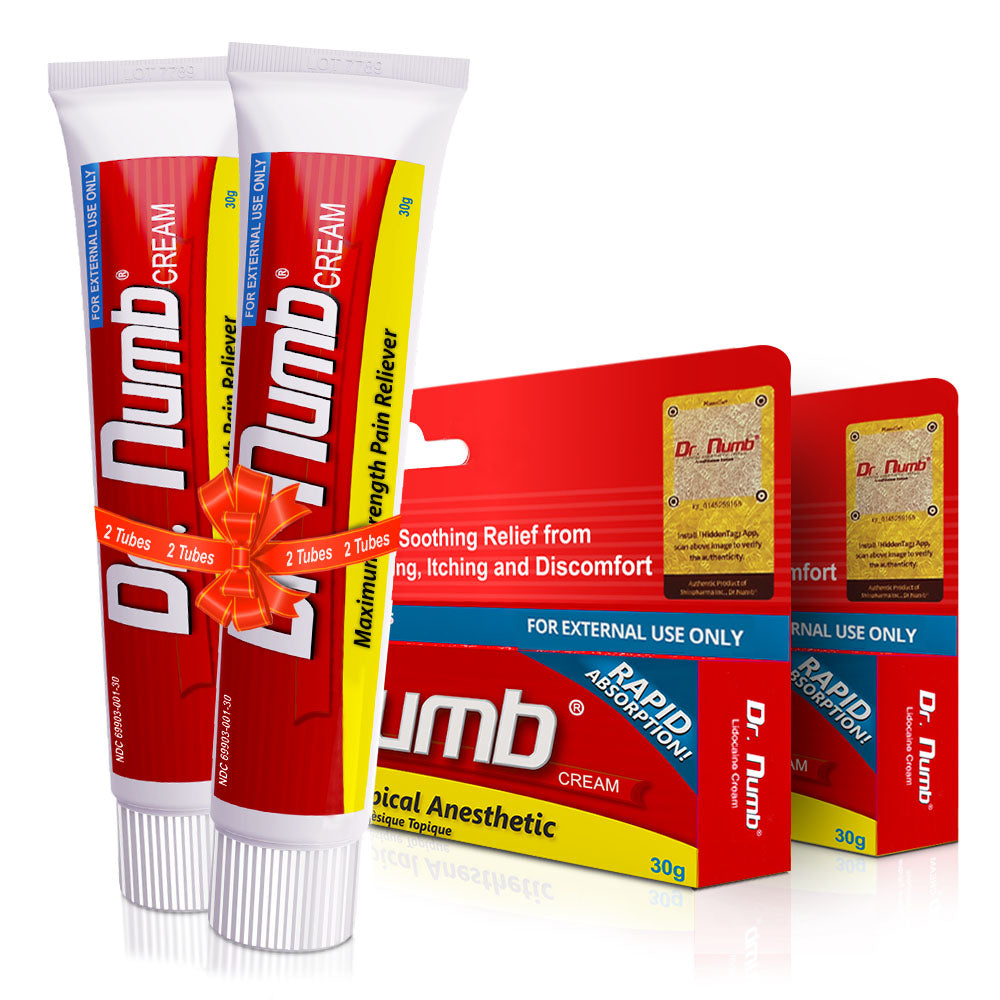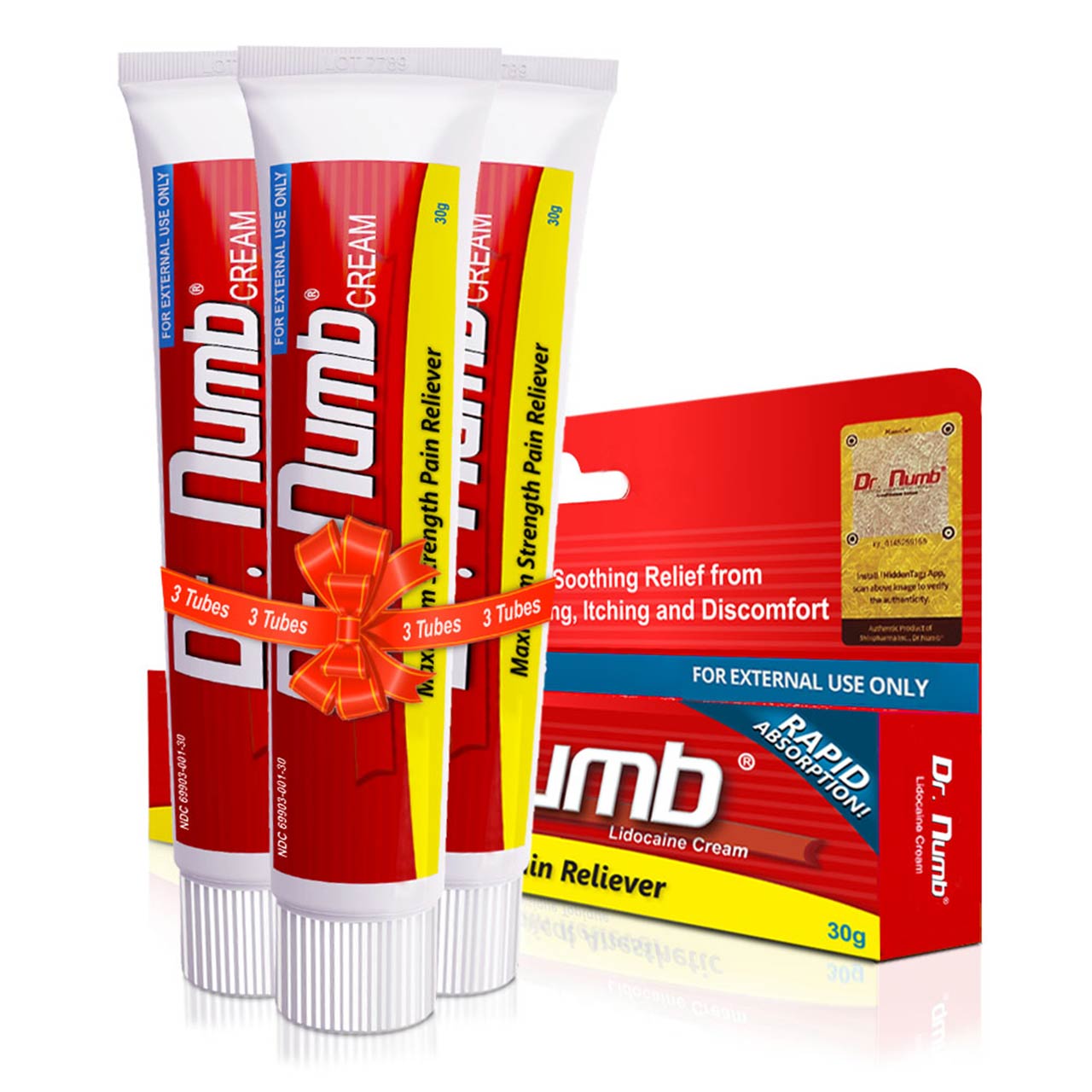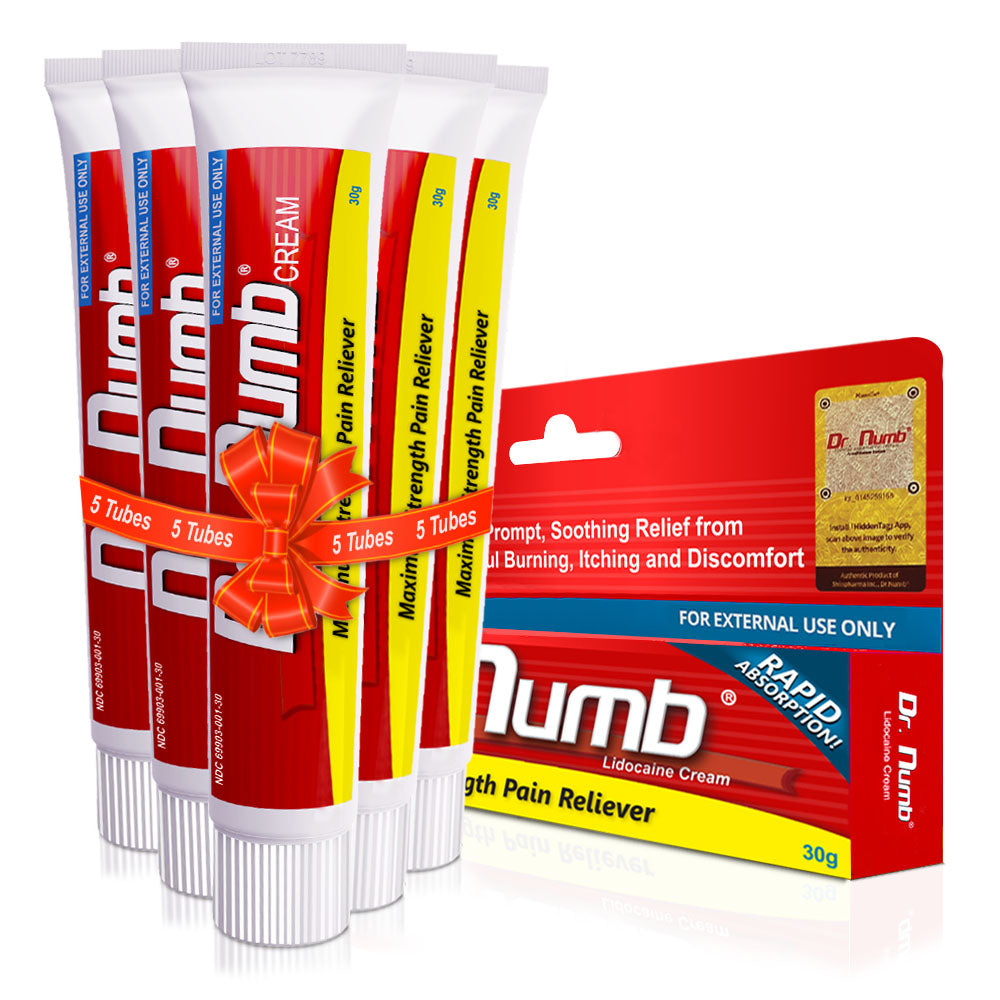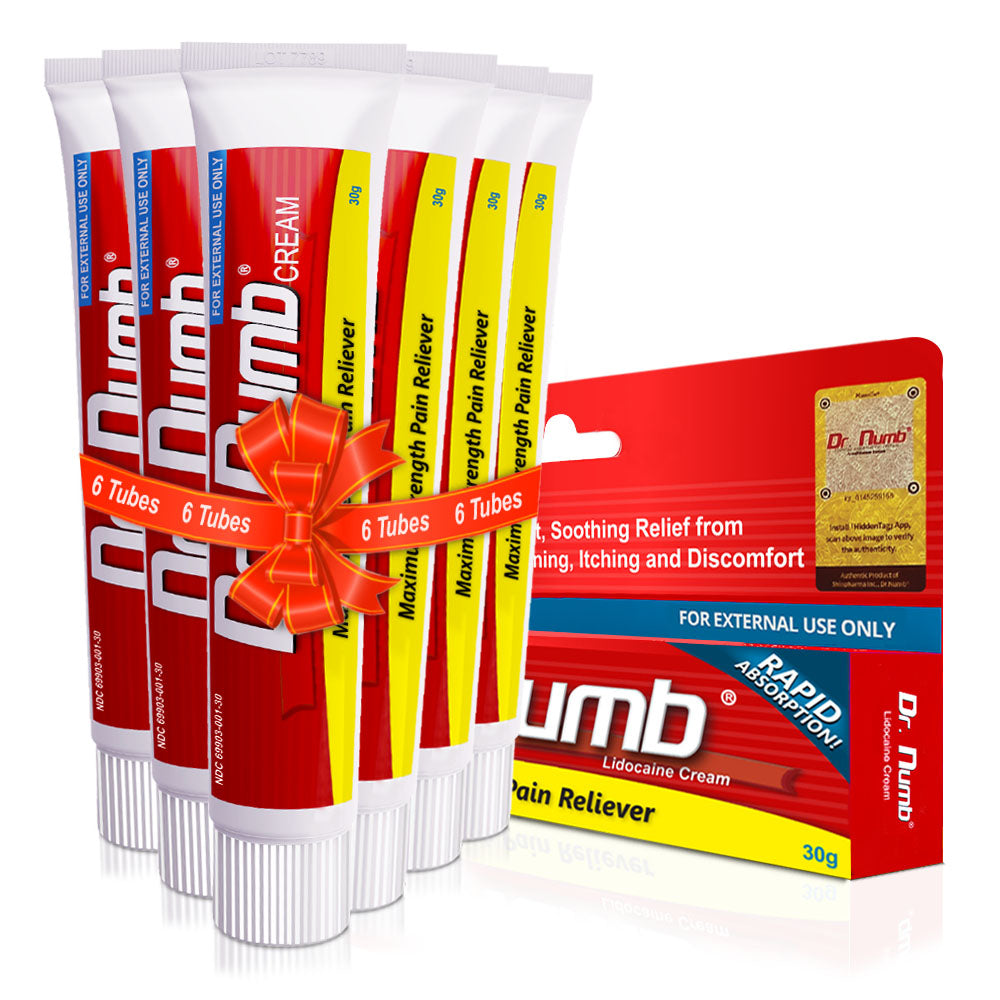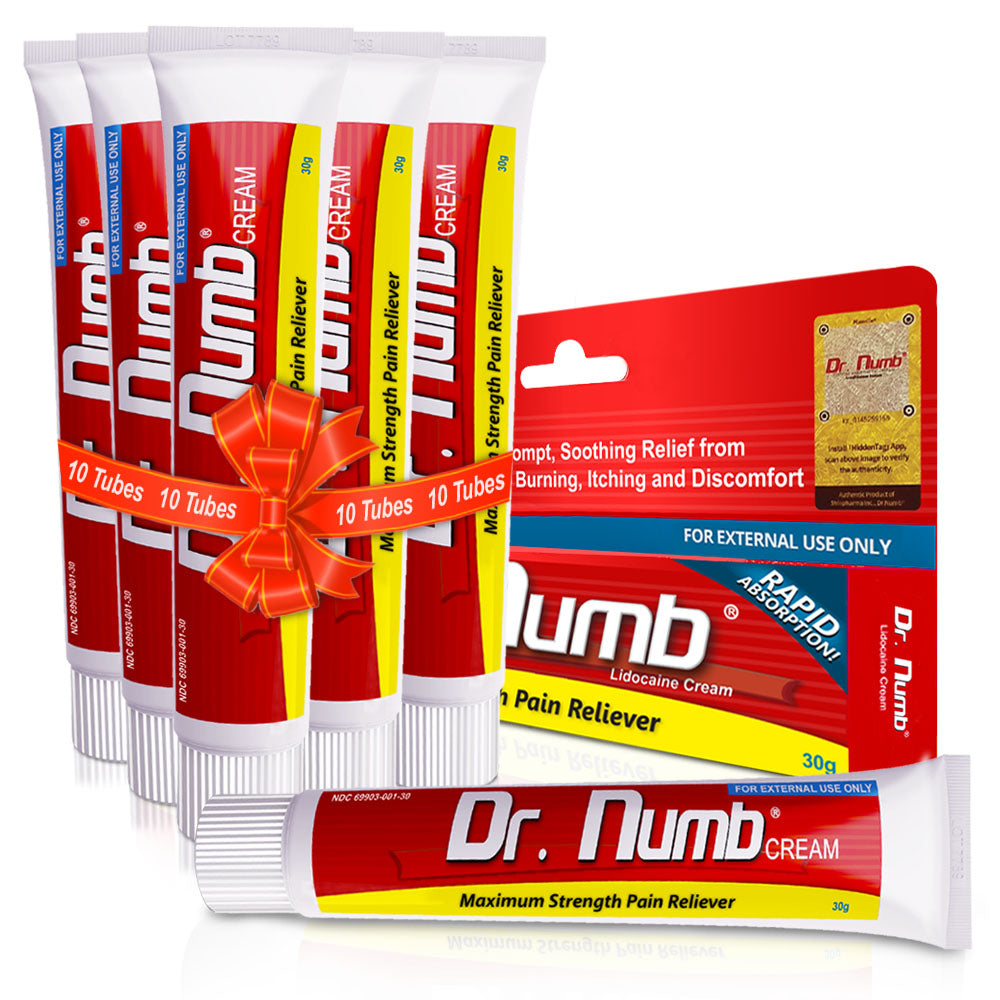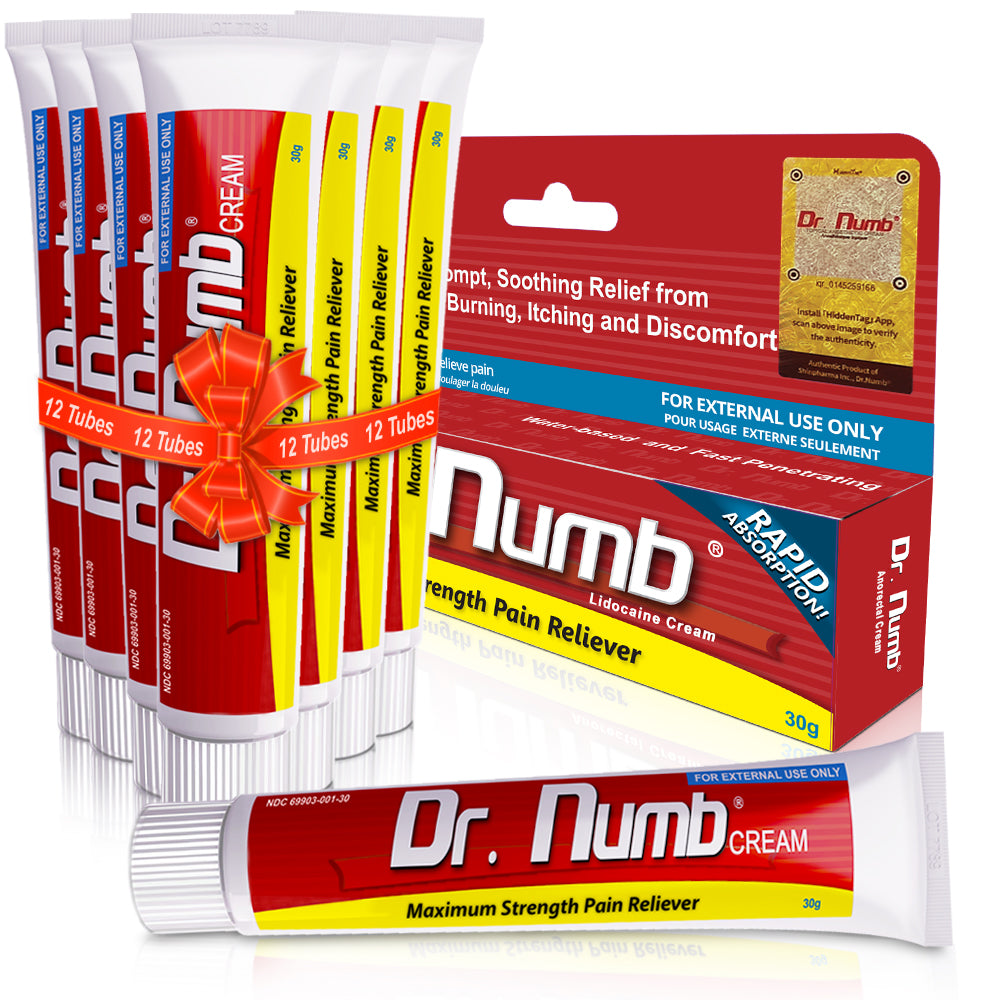Hemorrhoid cysts can be a painful and embarrassing condition, yet many people suffer in silence because of the sensitive nature of the ailment. Various factors can trigger swollen veins around the rectum or anus, causing these lumps.
It is a fluid-filled sac in the anal area. Treatments include topical creams, warm baths, and hydration and fiber intake increases. They are often caused by constipation, long sitting, or pregnancy. Surgery may be needed in severe cases.
In this blog post, we'll dive into the causes, symptoms, diagnosis, treatment, and prevention of hemorrhoid cysts. With a better understanding of this condition, you can take steps to alleviate your discomfort and move on with your life.
Hemorrhoid Cysts: Causes

Blood vessel swells in and around the anus because of several factors that contribute to hemorrhoid cysts. The primary causes of hemorrhoid cysts include:
- Constipation: Hard stools, caused by inadequate fiber in the diet, increase rectal pressure and lead to hemorrhoids.
- Pregnancy: The growing uterus and hormonal changes during pregnancy increase the risk of hemorrhoid cysts in pregnant women.
- Obesity: Due to increased pressure and strain on the anal area, overweight people are more likely to experience hemorrhoid cysts.
- Sitting for extended periods: Long periods without moving can increase pressure on the rectal veins, causing hemorrhoid cysts to form.
- High blood pressure: The narrowing of blood vessels caused by high blood pressure can cause hemorrhoid cysts.
Hemorrhoid Cysts: Symptoms
It is beneficial to be aware of the symptoms of this condition to identify it early and take measures. Here are some common symptoms of hemorrhoid cysts:
- Pain in the rectal area: Hemorrhoid cysts can cause pain in the rectal area because of inflammation and swelling. You may experience mild or severe pain that may increase during bowel movements.
- Itching and irritation: Hemorrhoid cysts can cause itching and irritation in the anal area because of the presence of fecal matter, mucus, and discharge.
- Bowel bleeding: Hemorrhoid cysts can cause bleeding during bowel movements due to the sac rupture or inflamed blood vessels.
- Anus: A hemorrhoid cyst can cause a bump or lump near the anus because of the cyst's growth.

Diagnostic Tests of Hemorrhoid Cysts
It is essential to get a proper diagnosis to determine if you have a hemorrhoid cyst. Several methods and tests are commonly used to diagnose a hemorrhoid cyst:
Methods:
- Digital Rectal Examination (DRE): A DRE is a physical done by a doctor to check for anus and rectum abnormalities. An oiled, gloved finger is inserted into the rectum to detect bumps, lumps, or abnormalities.
- Anoscopy: An anoscope is a thin, lighted tube inserted into the anus to visualize the anal area during an anoscopy.
- Proctoscopy: The rectum and anal canal are examined using a proctoscope, a short, lighted tube.
- Sigmoidoscopy: A sigmoidoscopy is a procedure involving the insertion of a flexible tube to visualize the lower part of the colon. This test can help to rule out other conditions that may cause similar symptoms.
- Colonoscopy: A colonoscopy may be recommended if other tests have not provided a precise diagnosis. Through an endoscopy, insert a long, thin tube into the colon and examine it through the rectum.
- Biopsy: A biopsy may be performed if a suspicious growth or tumor is found during a sigmoidoscopy or colonoscopy.
Hemorrhoid Cyst Curing

There are a variety of treatment options available. If you are experiencing the symptoms of hemorrhoid cysts, it is essential to consider both medical and non-medical treatments.
Medical Treatments
- Ointments and creams: Topical treatments such as ointments and creams can relieve itching and pain caused by hemorrhoid cysts. Using hemorrhoid cream on a cyst can be effective in numbing it. Key ingredients like hydrocortisone, witch hazel, and lidocaine relieve and numb it.
- Suppositories: Suppositories contain medication that can provide relief from hemorrhoid symptoms. They can be inserted into the rectum for quick relief.
- Surgery: It is possible to undergo surgery to treat hemorrhoid cysts. This is usually reserved for more severe cases that do not respond to other treatments.
Non-Medical
- Sitz baths: Sitz baths are a non-medical treatment that involves soaking the anal area in warm water. Pain and itching can be relieved immediately with this method.
- Dietary changes: Hemorrhoid cysts can be exacerbated by constipation and straining during bowel movements. The consumption of more fiber and water can help prevent these symptoms.
- Exercise: Regular exercise can help improve digestive function and prevent constipation, which can help prevent hemorrhoid cysts from forming.
Hemorrhoid or Cyst: Prevention

There are steps you can take to prevent hemorrhoid cysts from developing. Here are some valuable tips:
- High Fiber Diet: Eating a high fiber diet can help prevent hemorrhoid cysts by preventing constipation. It's good to eat a lot of fruits, veggies, and whole grains to promote healthy bowel movements.
- Drink lots of water: Dehydration increases the risk of constipation, increasing the risk of hemorrhoid cysts. Drinking plenty of water can help keep your stool soft and prevent constipation.
- Avoid Straining During Bowel Movements: When you strain during bowel movements, you increase the pressure in the veins of the rectum, leading to the development of hemorrhoid cysts. Do not sit on the toilet for too long or exert too much pressure while passing stool.
- Properly Clean the Anal Area: Keeping your genital area dry and clean reduces the development of hemorrhoid cysts. Clea the anal area with lukewarm water and blot the area dry using a soft towel to help prevent irritation.
- Regular Exercise: Exercise can improve blood flow and promote healthy bowel movements, decreasing the chance of hemorrhoid cyst formation.
- Sit or stand less: Sitting or standing for extended periods can pressure rectum veins, causing hemorrhoid cysts. Try changing positions frequently.
- Wear Loose Clothing: Wearing tight jeans, leggings, and underwear can put pressure on the anal area, causing an increase in the risk of hemorrhoid cyst formation. Wearing loose clothing can help minimize the stress around the room.
- Maintain a Healthy Weight: Obesity unnecessarily pressures veins and organs throughout your body, including the veins in your rectum.

Conclusion
Despite their frustration and discomfort, hemorrhoid cysts are commonly seen and are treatable. It is essential to seek medical attention and make necessary lifestyle changes so that the symptoms can be eased and cysts can be prevented from forming.
It is always better to prevent than to cure. Your body will take care of you if you take care of it.



